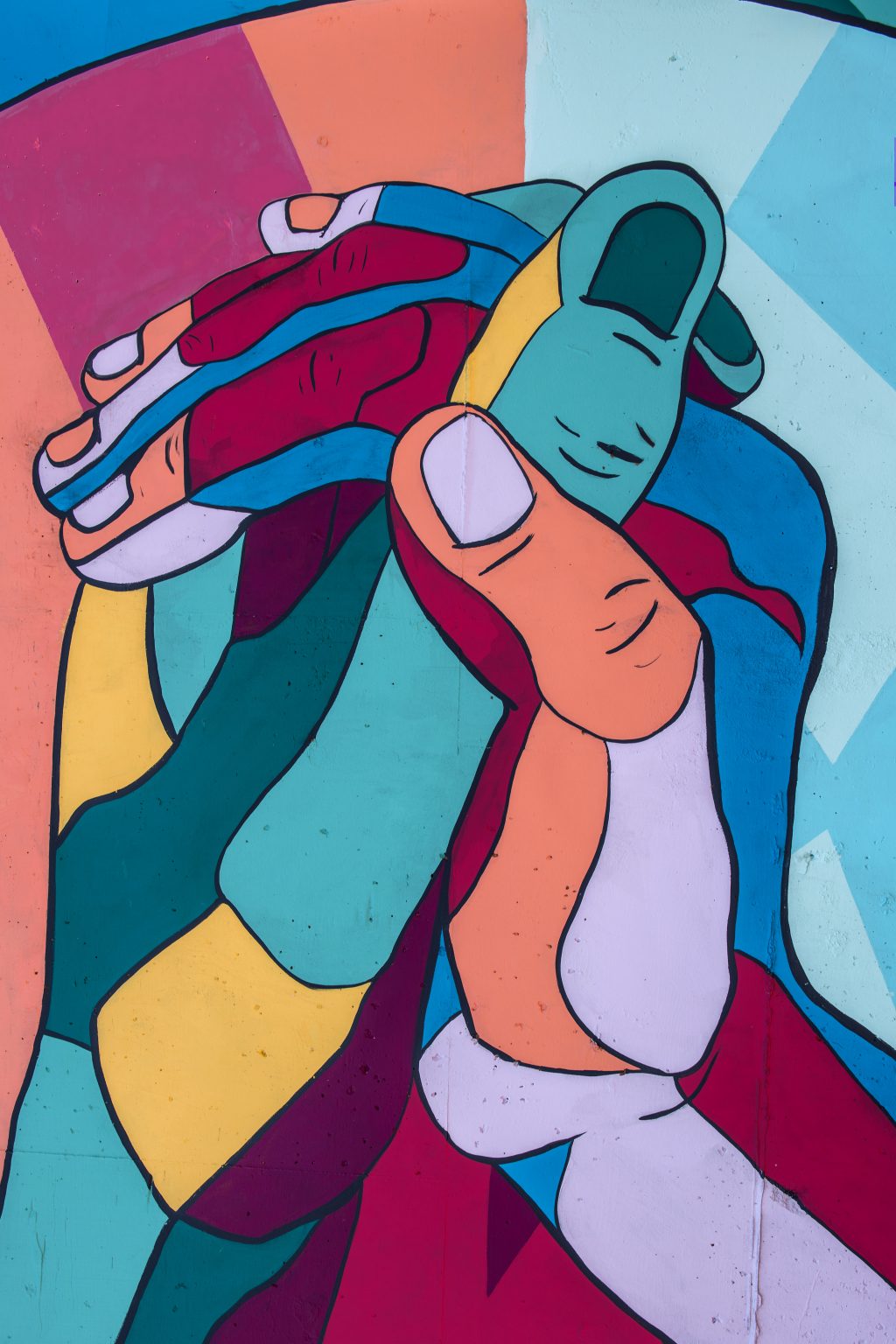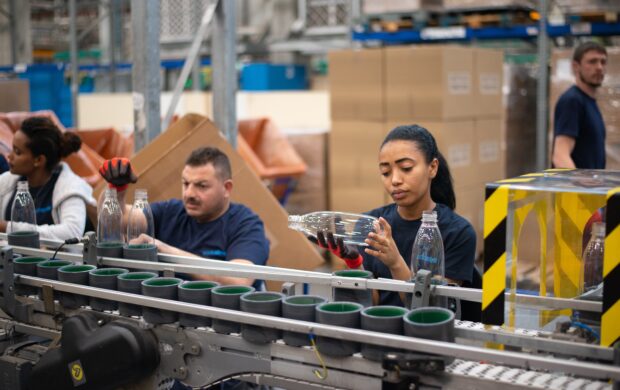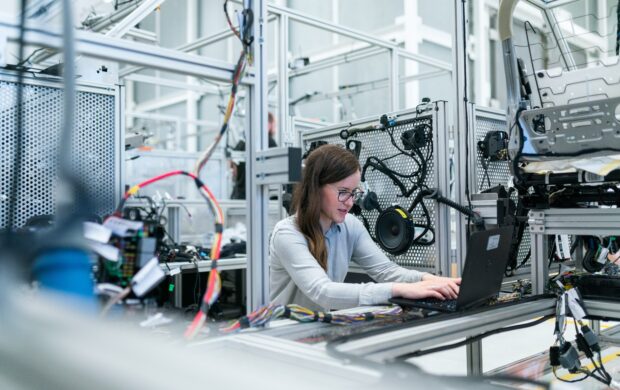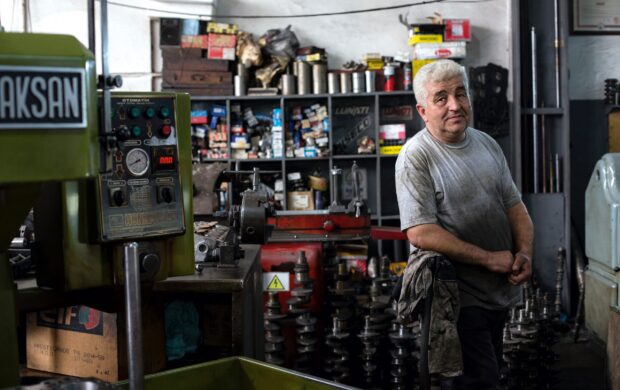In 2020, more organisations have recognised the need for transformative action, egged on by workforces looking to their employers for leadership on social and environmental challenges.
Where to begin? Forum for the Future’s recent report ‘From System Shock to System Change – Time to Transform’ presents businesses with a to-do list, beginning with identifying an inspiring purpose beyond profit, complete with the governance to deliver on it.
Yet even for those businesses with consensus at the top about the scale and urgency of action required, it’s unfortunately not true to say ‘Where there’s a will, there’s a way’. Instead, they find themselves overwhelmed by obstacles rooted in their organisational culture:
“Too much to do!”
“Everything is a priority!”
“We have more strategies than people!”“We’re fighting over resources with other teams!”
“We’re tied into projects that aren’t working, with obsolete rationales…”
These are some of the complaints I commonly hear in my work supporting organisations to develop a culture that empowers them to embrace and shape the future, rather than cling to business-as-usual: a poor lifebuoy in a sea of disruption.
But what does this mean in practice? What sort of culture does an organisation need to enable its workforce to be agents of transformation? And how can it set about creating one?
Why new approaches to culture are needed
There’s a fundamental mismatch at the heart of this cultural challenge.
Since the Industrial Revolution, organisations have been designed for efficiency: to replicate winning solutions, and seek success through scale. Conformity has been a key cultural trait, supporting companies to maintain consistent standards, with resources ever more tightly stretched to increase profit margins; little wonder they lack the slack to entertain new ideas. This is the antithesis of organisational design for innovation, which aims to allow sufficient time and energy for experimentation. If an organisation wants to be open to change, it needs a cultural shift.
This year, it’s clear that the time has passed in which it was fair to reply that not all organisations need to be able to innovate: that it’s ok to stick with an efficient working culture if what you want is to maintain business-as-usual. This is because business-as-usual is no longer possible, let alone a safe bet.
The conditions enabling previous solutions to win out are subject to powerful changes: technological, geopolitical, environmental, regulatory, societal and so on. Moreover, the very definition of success – in the eyes of investors and customers, as well as employees – is shifting. Forum’s report asserts that, “For a company that serves society, profit is the means, not the goal in itself.” Measures of success, it goes on, must include the wellbeing and resilience of society.
A tall order? No: an organisation that serves the wellbeing and resilience of society will also be more resilient to disruption, more able to thrive in change, to transform itself. Why so?
Bring back the human
“Culture doesn’t make people. People make culture”, writes the Nigerian author Chimamanda Ngozi Adichie in ‘We Should All Be Feminists’.
This is the key. Workplaces need to empower people as co-creators of their culture. It’s a far cry from the old status quo, in which we don our suits, adopt the lingo (jargon), leave our families and emotions at the office door, and work like machines from 9-5, in many places under pressure to forget such basic human needs as food and sleep.
It’s no wonder, in such circumstances, that we also forget human values such as empathy, solidarity, equality and diversity. Many corporations have built their success on the opposite – inequality and lack of diversity: we see it internally through under-pay and under-representation in the workforce at all levels, just as we see it externally in the failure to value key contributors to their supply chains, resulting in resource depletion and biodiversity loss.

Diversity is the starting point for a culture that can enable transformative action, one in which ideas can thrive – just as it is the key to resilience for any ecosystem.
Its absence is a huge barrier to embracing change. Our ability to thrive in change as a collective depends on being open to new ideas, allowing differences in perspective, trying out new approaches. If we are all adopting the same perspective, speaking the same lingo, taking the same straight path to supposed success, we will not have the slack to enable agile responses to challenges, or experiment with our own disruptive approaches.
Rather, we need to cultivate differences of opinion and perspective, try out contrasting approaches, and celebrate our digressions and u-turns as a necessary part of figuring out the way together. Crucially, we must be empowered to say, “This is going nowhere! We’re changing tack.”
Adichie goes on to say, “If it is true that the full humanity of women is not our culture, then we can and must make it our culture.”
“We can”: we can transform our culture. This is a key premise for my work and of my book, The Innovation-Friendly Organization: that culture is malleable, and that it is ours to shape.
“Full humanity”: yes of women and of all those not included on whatever grounds, and also the full humanity of each one of us. Why does ‘full humanity’ matter to organisational culture? Because it is the converse of conformity. Whereas conformity requires us to leave some aspects of ourselves outside the organisation, ‘full humanity’ invites us in – complete with our different perspectives, values, motivations, experiences and opinions.
Letting go and opening up
This “full humanity” premise turns a lot of current onboarding practice on its head.
Take, for instance, the experience of Omar Ishrak at GE, as described in ‘The Talent Masters’. He was recruited for his specialist knowledge of ultrasound, and apparently invited to challenge the multinational’s sacred cows. But as soon as he started,
“the whole system swung into action to ‘GE-ize’ [him], coaching him and educating him in GE practices and culture – including building intimacy and trust as fast as possible.”
Ishrak was successful in his career at GE, but what was he really able to challenge? Not much – by his own account. He expresses gratitude to those who taught him the business lingo – which, he says, was more than a language: rather, “a systematic view as to how initiatives could be done”.
A fun example of a culture hack to enable this is the ‘Ideas Cemetery” of the Austrian chocolate company Zotter, where you’ll find tombstones to various short-lived recipe ideas, such as banana curry.
Another is Astro Teller’s ‘kill bonus’: a reward for when projects fail. It’s incredibly hard to let go of a project that was your brainchild in a culture that only celebrates success – but these legacy projects are a huge drain on resources and inhibitor to change.
In one culture hack workshop that I ran recently, a team came up with a simple rule: stop work on a project if you’re not clear why you’re doing it. Awkward! There were some nervous laughs, one admonition. Was this a spanner in the works, or a brilliant culture hack: a way to accelerate accountability by urging everyone to find the connection to their shared purpose – perhaps even empowering them to try out new paths to success?
I’ll leave that question hanging, because when it comes to creating an innovation-friendly culture, there is no ready answer or silver bullet. Some of the solutions will be challenging to contemplate: they’ll cause lumps in the throat, wobbly feelings. Change isn’t easy. The only way to make it feel safer is through a collective journey of experimentation, inviting the full humanity of your organisation along.





















Join discussion